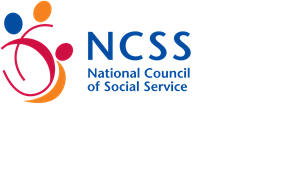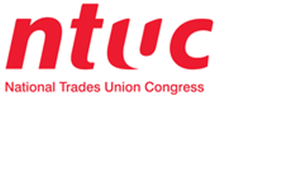Students will learn about the economic approach of analyzing issues related to the family and the society: the marriage market, fertility choice, decision makings of families in terms of human capital accumulation, and intergenerational mobility. Students will work on projects to examine parental choice of primary school, interaction of youths across socioeconomic groups, work-family balance, coping strategies of the sandwiched generation, impact on and responses by families and the government to an aging population, and impact of changing social attitudes on families. Specific topics will be incorporated or will even replace some of the above given the experiential nature of the course; in fact, the topics to be investigated as group projects will be jointly formulated by the students, the faculty, and the partners based on issues and problems they are facing currently.
CLO1: Analyze issues related to family and the society using economic models
CLO2: Interact with partners and classmates on real-world issues and policies
CLO3: Practical experience in collecting and/or analyzing data, quantitative and/or qualitative, primary
and/or secondary
CLO4: Identify research gaps, formulate hypothesis, design questionnaire and in-depth interviews
CLO5: Communicate ideas and present findings and conclusions effectively
CLO6: Be resilient, creative, and overcome challenges in teamwork and demands from partners

Students examined the mobility of young people today through understanding the role of the family in the formation of expectations, aspirations and capital, and how competing expectations and unmet aspirations might affect wellbeing.

Students analysed the cost incurred by families and the society at large on the issue of the rising trend of vulnerable youths with mental health conditions.

Students researched on the challenges and opportunities related to the upward mobility of workers, including the relationship of upward mobility investment with workers' satisfaction with family, confidence in government policies on retirement and savings, and economic status of their children.